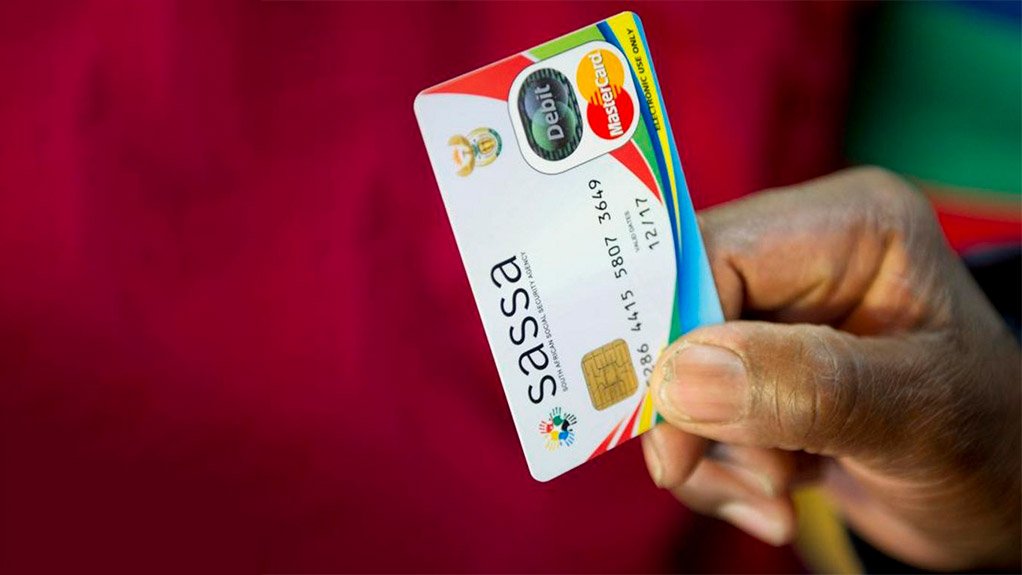Roughly 2.5-million beneficiaries of the South African Social Security Agency (Sassa) will not be able to get their grant payments if the contract with Cash Paymaster Services (CPS) is not extended, the agency argued in court papers.
Sassa filed papers to the Constitutional Court on Wednesday requesting an extension of six months in its contract with CPS.
In an affidavit, acting CEO Pearl Bengu states that 2.5-million of the agency's benefactors do not have personal identification numbers to access grants through a national payment system.
She admits that Sassa has failed to migrate those beneficiaries to the national payment system within the court-allocated 12 months.
"The beneficiaries of these grants are in the main illiterate, the elderly and disabled beneficiaries. They constitute what is termed the 'unbanked' populous who rely on social grants but regrettably cannot at this stage, register with a financial institution."
Bengu also argues that the beneficiaries rely on payments being made physically at their location.
'CPS accepts duty to help the poorest of the poor'
"This involves a service provider equipped with secured logistical transport service accompanied by sophisticated software design to ensure that the correct beneficiary receives payment," she argued.
Bengu said she was assured that CPS would accept this duty, "to help the poorest of the poor".
Sassa is scheduled to transfer its grant payment services to the South African Post Office (SAPO) on April 1.
However, Bengu said that SAPO does not have the capacity to pay cash at pay points.
"The provision of the cash payment services aspect of the tender was not awarded to SAPO and the recommendation being that this portion be re-advertised on open tender... It is the payment of cash at pay points that is the subject matter of this application."
NGO Black Sash spokesperson Angie Richardson told News24 that the organisation was studying the papers.
Banks to play increased role
The Constitutional Court in 2014 ruled that the contract Sassa signed with CPS in 2012 was illegal and invalid.
In April 2017, the court suspended the order of invalidity until March 31, 2018, to allow the social development department and Sassa time to find a new provider.
On January 8, Sassa released its fourth report to the Constitutional Court on the proposed hybrid model to pay grants from April.
This after an inter-ministerial committee announced in December 2007 that SAPO would handle core functions of the new system, while commercial banks would play an increased role.
SAPO CEO Mark Barnes was not immediately available for comment.
EMAIL THIS ARTICLE SAVE THIS ARTICLE
To subscribe email subscriptions@creamermedia.co.za or click here
To advertise email advertising@creamermedia.co.za or click here











